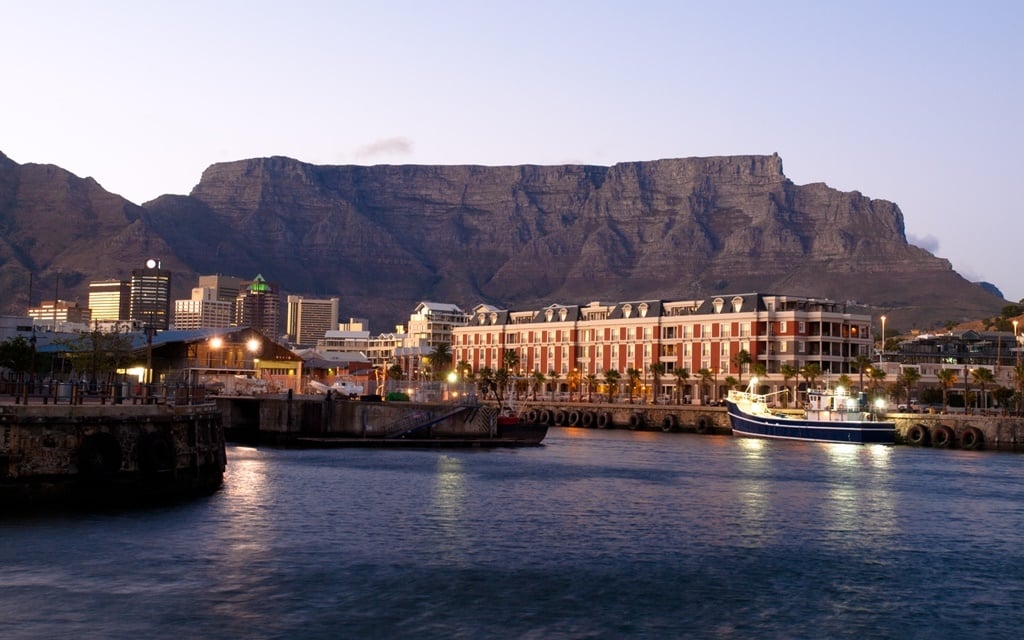
- A tourism equity fund of over R1.2 billion will provide a combination of debt finance and grant funding.
- The aim is to accelerate the pace of achieving our transformation goals, according to President Cyril Ramaphosa.
- Ramaphosa encouraged qualifying businesses not to hesitate and to apply as soon as possible.
A tourism equity fund worth over R1.2 billion was launched by government on Tuesday.
It was created by the Department of Tourism, in partnership with the Small Enterprise Finance Agency, which falls under the Department of Small Business Development. The fund will provide a combination of debt finance and grant funding to facilitate equity acquisition as well as new project development in the tourism sector by black entrepreneurs.
President Cyril Ramaphosa said during the virtual launch that the fund is a ground-breaking venture that will speed up transformation in one of the most crucial sectors of the SA economy, especially during a time when the industry is challenged by the impact of the coronavirus pandemic.
"A recovery will happen. Our task is not to simply return to business as usual but to accelerate the pace of achieving our transformation goals," said Ramaphosa.
"We want to ensure this fund helps black businesses to substantially benefit from the tourism industry, not [just] to be roped in by fronting or just being small scale suppliers."
He encouraged qualifying businesses not to wait but to ensure they apply for funding as soon as possible.
Minister of Tourism Mmamoloko Kubayi-Ngubane said the launch of the fund was a critical milestone in the tourism sector.
"The tourism sector in South Africa is largely private sector owned and driven, and its contribution to the South African economy has grown tremendously since the 1994 democratic breakthrough," she said.
"The private sector has done an excellent job in developing and investing in the sector to turn our natural endowments into economic assets for the country. However, much remains to be done to stimulate new investments and to fully exploit the potential that is still unexplored in our country's tourism sector."
In her view, the fund is necessary because not only will it help to "crowd-in" private sector investment in the rejuvenation of the supply side of the tourism market, but it will also help to transform the sector in terms of ownership and make the sector more inclusive.
It is envisaged that the fund will seek to fund commercially viable and sustainable majority black-owned tourism enterprises with a minimum of 51% black ownership including enterprises in rural areas and townships, to help create jobs, alleviation of poverty, fight inequality and promote growth of black controlled tourism enterprises.
It will also de-risk the funding provided to tourism enterprises through patient capital that will ease the debt repayment ability of black controlled enterprises and facilitate the participation of targeted groups such as women and youth in the priority tourism sectors as defined by the BBBEE sector codes.
Lee-Anne Bac, a director at the specialist tourism unit of international consulting firm BDO, said such a fund is long overdue in the tourism industry.
"Government is looking to make a meaningful difference in ownership in the tourism industry. Black businesses have battled to enter the industry. Big businesses are all transformed and there are a lot of little micro businesses, but the problem is for medium sized businesses," explains Bac.
"This fund will go a long way to help get those businesses off the ground. I also like the market access and other support which forms part of the funding process. I know lot of white businesses are feeling threatened, but government is not saying white businesses cannot operate. We just have to work all together to make it a truly transformed sector. And the more transformed tourism becomes, the more government will get involved."
